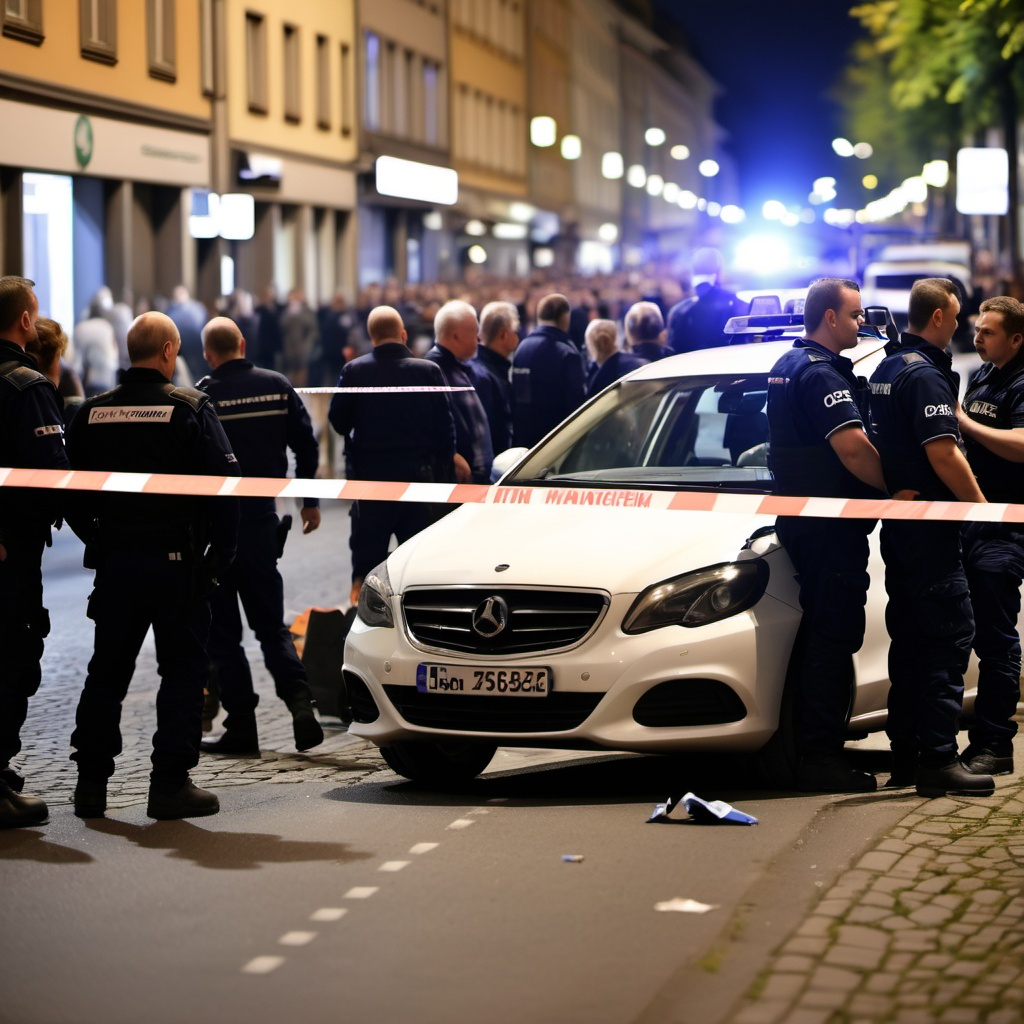Palestinians Evacuate Amid Ongoing Bombardments
Palestinians are fleeing parts of Gaza City as the Israeli military has officially commenced the initial stages of a ground offensive. This action follows an extensive series of aerial bombardments and artillery attacks, which have left residents in a state of fear and chaos. With over a million Palestinians residing in Gaza City, the offensive’s impact is anticipated to be profound
International Response and Concerns
The escalation in military activity has prompted UN Secretary-General António Guterres to reiterate calls for an immediate ceasefire. “We must prevent the inevitable toll that such assaults will take on civilian lives,” Guterres stated, highlighting the urgent need for peace amidst escalating violence. The offensive’s commencement comes despite widespread international criticism, including notable condemnation from leaders in Europe, who warn that further conflict could lead to irreversible consequences for both combatants and civilians.
The Ground Offensive: Logistics and Operation
According to reports, the Israeli military has established footholds in various neighborhoods, particularly Zeitoun and Jabalia. This ground offensive was sanctioned by Israel’s Defense Minister, Israel Katz, and reflects a strategic move to seize control of vital areas within Gaza City. The goal appears to be dismantling Hamas’ operational capabilities within the urban landscape, effectively eradicating what the Israeli government describes as “terror strongholds”. Israel’s Prime Minister Benjamin Netanyahu has emphasized the need to accelerate military timelines, intensifying Israel’s logistical preparations for a comprehensive operation.
The Humanitarian Crisis: Statistics and Projections
As the conflict escalates, the humanitarian toll continues to rise. Reports indicate that approximately 62,122 Palestinians have died in the recent violence, with children’s fatalities included among these alarming statistics. Humanitarian organizations like the International Committee of the Red Cross (ICRC) have issued warnings regarding the deteriorating situation in Gaza, calling for immediate access to humanitarian aid and relief supplies as the current infrastructure is severely strained. With more than 2.1 million residents in Gaza, the predictions of increasing displacement and suffering paint a dire picture.
The Role of International Mediators
In the backdrop of escalating violence, efforts by mediators such as Qatar and Egypt to negotiate a ceasefire have faced hurdles. Hamas has indicated acceptance of a proposed 60-day truce, which includes provisions for the release of hostages, yet further steps towards peace seem to be mired in political conflict. Israeli officials have expressed a need for a comprehensive agreement for any progress to be made, complicating the potential for peace.
Domestic Ramifications and the Response from Israeli Society
Within Israel, the conflict has stirred significant debate and polarization among the population. Observers note a schism in public opinion regarding the military offensive, with groups advocating for peace urging the government to consider the long-term implications of continued warfare. The Israeli public has witnessed significant losses and increasing concern regarding the fate of hostages being held by Hamas, further complicating the situation.
The Path Forward: Escalation or Resolution?
As the Israeli Defense Forces report ongoing operations in Gaza City, the region finds itself at a critical juncture. With military actions intensifying, the question of whether a ceasefire can be achieved remains pivotal. International intervention appears crucial, as various global leaders call for a return to diplomacy—yet as of now, hostility reigns, and all signs suggest a long road ahead toward any potential resolution.
To learn about the disclaimer of liability for the content of this website, click here





